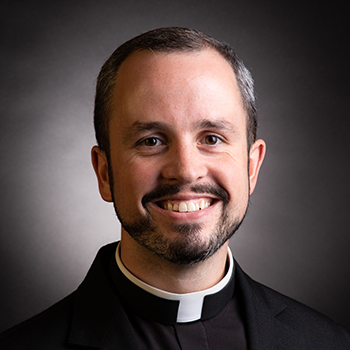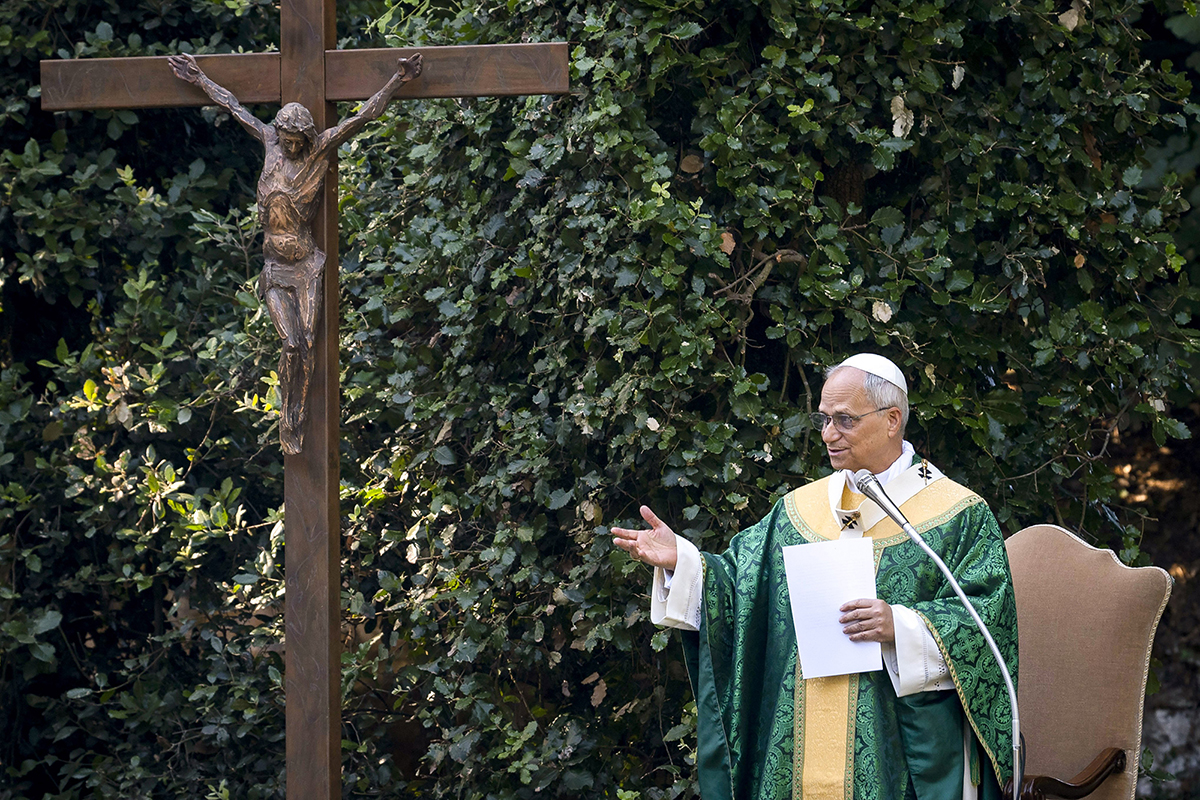DEAR FATHER | Being mindful of the presence of the Lord
May Catholics practice mindfulness?

Mindfulness has become a psychological buzzword for a whole set of practices that are aimed at reducing anxiety and stress, increasing positive states and traits such as gratitude and promoting thoughtful reflectiveness. In its most basic form, I suppose mindfulness is the opposite of mindlessness or absent-mindedness. If I were to ask you to be mindful of something, it would mean that I’m asking you to focus on it. For example, in Britain, passengers on their subway system (often called the “Tube” or the “Underground”) are reminded to “mind the gap,” by which they mean to watch out for the gap between the platform and the train. We say, “watch your step.” Mindfulness, I suppose, is also a kind of watchfulness.
So, what’s the problem? The problem for some Catholics is that many mindfulness exercises have mimicked or outright copied certain Buddhist meditation practices. Can we Catholics employ these methods in good conscience? I would argue yes and no.
Let’s start with the negative and move in to the affirmative. We should be careful about adopting certain prayer practices that potentially lead us away from our Savior. Anything we do is good only inasmuch as it leads us to a greater love of Jesus and the ready proclamation of His Holy Name — this, of course, includes overtly religious activities along with our work, our leisure and everything in between.
Buddhist practices are meant to lead the person meditating to a sense of nothingness and emptiness, since “the self” is seen by Buddhists as the source of all suffering. This is not a Catholic understanding. Thus, the meditative practices that aim at ends other than Jesus — and the fulfillment we experience in Him — are not permissible for a Catholic.
To me, the solution seems rather simple. Instead of focusing on nothingness or emptiness, a kind of mindfulness that focuses on fullness and fulfillment in Jesus would not only be permissible, but also laudable. For example, if I were to suggest: “Be mindful of the Lord’s presence in your heart,” would this be problematic? I can’t see how.
Further, it may be helpful to adopt some of the techniques of mindfulness as a kind of preparation for prayer (for example, deep breathing and muscle relaxation). It can help to sit down or kneel comfortably before the Blessed Sacrament and take a few deep, intentional breaths to “slow down,” before attempting to turn our spiritual attention to the potential movements of the Holy Spirit in our prayer. Does this sound odd? You might be interested to know that St. Ignatius suggested praying the Our Father one word at a time between slow, intentional breaths, paying close attention to the meaning of each word. St. Therese suggested something similar.
If you are interested in reading more about mindfulness from a Catholic perspective, you might look at “The Mindful Catholic,” by Greg Bottaro (the foreword of which is written by Peter Kreeft). Whatever you do, “mind the Lord,” and watch for Him. He is moving in our lives. May we have ears to hear His voice and eyes to behold His presence as He passes before us.
Father Conor Sullivan is a priest of the Archdiocese of St. Louis pursuing continuing studies in psychology. He is currently enrolled at Divine Mercy University.
Mindfulness has become a psychological buzzword for a whole set of practices that are aimed at reducing anxiety and stress, increasing positive states and traits such as gratitude and promoting … DEAR FATHER | Being mindful of the presence of the Lord
Subscribe to Read All St. Louis Review Stories
All readers receive 5 stories to read free per month. After that, readers will need to be logged in.
If you are currently receive the St. Louis Review at your home or office, please send your name and address (and subscriber id if you know it) to subscriptions@stlouisreview.com to get your login information.
If you are not currently a subscriber to the St. Louis Review, please contact subscriptions@stlouisreview.com for information on how to subscribe.




